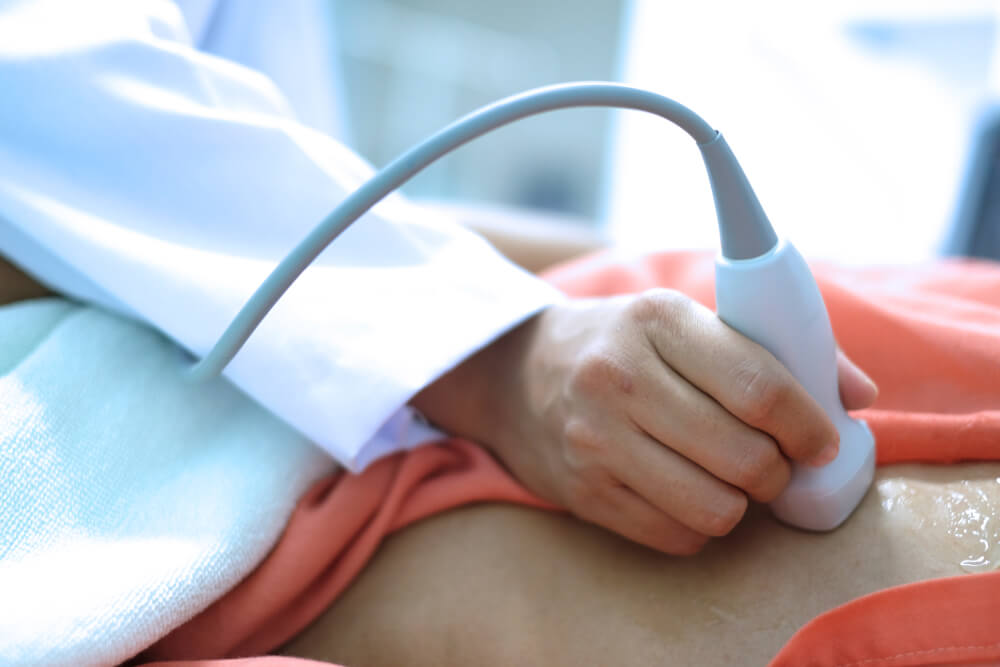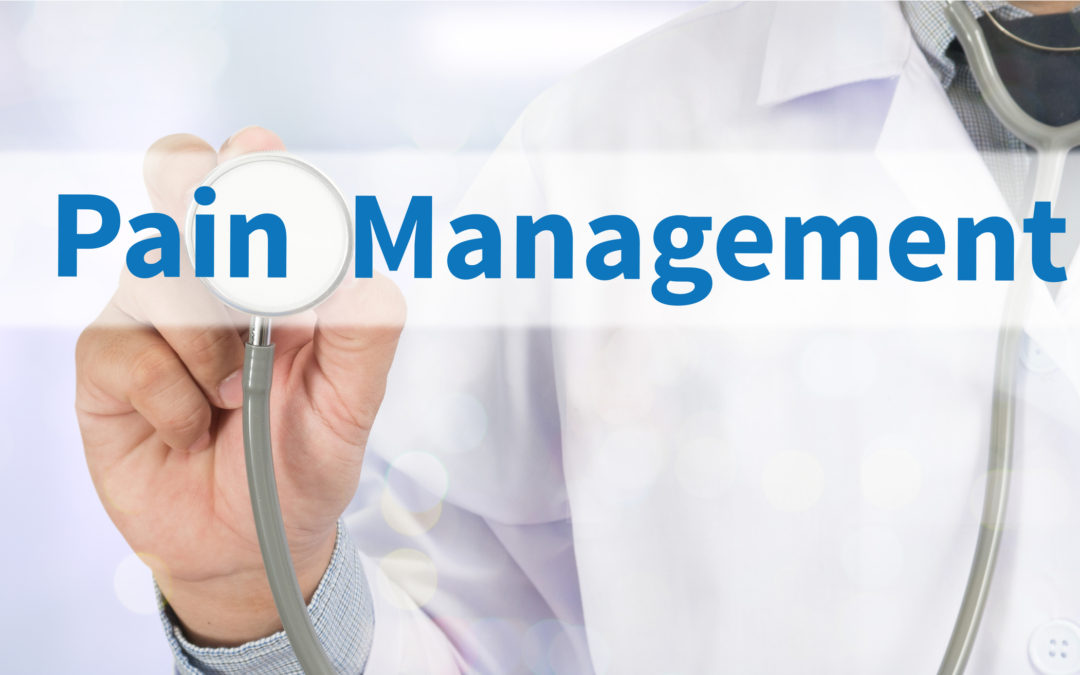The Role of Cardiac Evaluation with Echo in Corona: An Essential Tool for Heart Health

In today’s healthcare landscape, heart disease remains a significant health concern for millions of people worldwide. Regular checkups and timely interventions can save lives by detecting potential issues before they become severe. One of the most valuable tools in modern cardiology is echocardiography, often referred to as an “echo.” For those living in and around Corona, cardiac evaluation with echo has become an indispensable procedure for diagnosing, monitoring, and managing heart conditions.
This blog will explore how Cardiac Evaluation with Echo in Corona plays a pivotal role in preventing and managing heart diseases, detailing the procedure, its benefits, and why it’s crucial for long-term heart health.
1. What is Echocardiography and How Does It Work?
Echocardiography is a non-invasive diagnostic procedure that uses ultrasound waves to create images of the heart. These images allow doctors to observe the structure and function of the heart in real-time. Cardiac evaluation with echo can assess various aspects of heart health, including:
- Heart size and shape
- Pumping strength (ejection fraction)
- Blood flow through the heart and its chambers
- Condition of the heart valves
- Presence of any abnormal masses or defects
How Echocardiography Works
The procedure is relatively simple and painless. A gel is applied to the patient’s chest, and a handheld device called a transducer is used to transmit sound waves. These waves bounce back to create images of the heart on a monitor. The entire procedure typically lasts 30 to 60 minutes, depending on the specific type of echocardiogram.
2. Why is Cardiac Evaluation with Echo in Corona So Important?
Corona, like many cities, has a growing population with an increased risk of heart disease. Factors such as sedentary lifestyles, high levels of stress, and unhealthy diets contribute to the rise in cardiovascular problems. Regular cardiac evaluation with echo in Corona offers multiple benefits:
a. Early Detection of Heart Diseases
Echocardiography is instrumental in diagnosing a variety of heart conditions, including:
- Heart valve disease
- Congenital heart defects
- Cardiomyopathy (weakening of the heart muscle)
- Blood clots in the heart
- Pericardial effusion (fluid around the heart)
By detecting these issues early, doctors can recommend interventions that may prevent severe complications like heart attacks or strokes.
b. Non-Invasive and Safe
Unlike other diagnostic tools that may require invasive procedures, cardiac evaluation with echo is completely non-invasive. There are no incisions, no radiation exposure, and minimal discomfort, making it safe for most patients, including children and the elderly.
c. Accurate Assessment of Heart Function
Echocardiography provides precise, real-time images of the heart. Doctors can assess the pumping action of the heart, check for abnormalities in heart valves, and evaluate blood flow through the heart chambers. This detailed view allows for accurate diagnosis and helps tailor treatment plans specific to the patient’s needs.
3. Types of Echocardiograms Used in Cardiac Evaluation
Cardiac evaluation with echo in Corona can be customized depending on the specific symptoms or concerns. The following are the most commonly used types of echocardiograms:
a. Transthoracic Echocardiogram (TTE)
The standard type of echo, TTE is performed by placing the transducer on the chest to create images of the heart. It’s non-invasive, painless, and typically takes about 30 minutes.
b. Transesophageal Echocardiogram (TEE)
In this procedure, the transducer is inserted into the esophagus, which provides clearer images since the sound waves do not have to pass through the chest wall. This type of echo is used when more detailed images are needed, for example, to examine the back of the heart or valves.
c. Stress Echocardiogram
A stress echo is performed during or immediately after physical activity to assess how the heart responds under stress. It helps diagnose conditions like coronary artery disease that may not be apparent when the heart is at rest.
d. Doppler Echocardiogram
This specialized echo focuses on the flow of blood through the heart and measures how fast and in which direction the blood flows. It’s crucial for detecting issues like blocked arteries or leaky heart valves.
4. Common Conditions Detected Through Cardiac Evaluation with Echo in Corona
Echocardiography is a key tool in diagnosing various heart conditions, some of which include:
a. Heart Valve Disorders
Valvular heart disease can be identified through echocardiography. Conditions like mitral valve prolapse, aortic stenosis, or regurgitation can be easily detected, allowing for early management or surgical intervention if necessary.
b. Cardiomyopathy
Cardiomyopathy affects the heart muscle, making it weak and less able to pump blood efficiently. An echo can reveal if the heart’s walls are thickened or if the heart chambers are enlarged, both signs of this condition.
c. Congenital Heart Defects
Echocardiography is essential in identifying congenital heart defects, which are structural problems present from birth. Whether it’s a hole in the heart or abnormal connections between blood vessels, an echo can detect these issues early, particularly in infants.
d. Pericarditis and Pericardial Effusion
Inflammation of the heart’s outer lining (pericardium) can lead to fluid buildup, a condition known as pericardial effusion. An echo helps detect fluid accumulation and assesses its impact on the heart’s function.
5. How to Prepare for a Cardiac Evaluation with Echo in Corona
For most patients, little to no preparation is needed before undergoing cardiac evaluation with echo. However, for some specialized echocardiograms, specific instructions may be provided:
- Transthoracic Echocardiogram (TTE): No special preparation is required.
- Transesophageal Echocardiogram (TEE): Patients may need to fast for several hours before the procedure.
- Stress Echocardiogram: Comfortable clothing and shoes are recommended as the test involves physical activity.
It’s always important to inform your doctor of any medications you’re taking, as certain drugs might affect the results of a stress echocardiogram.
6. Cardiac Evaluation with Echo in Corona: Cost and Insurance
The cost of a cardiac evaluation with echo in Corona can vary depending on the type of echo performed and the healthcare provider. Most insurance plans cover the cost of an echo, particularly if it’s deemed medically necessary by a physician. However, it’s always a good idea to check with your insurance provider beforehand to understand your coverage and any out-of-pocket expenses.
Many clinics also offer payment plans for those without insurance, making it more accessible for patients who need to monitor their heart health.
7. The Benefits of Regular Cardiac Evaluations
Regular cardiac evaluation with echo can help you stay on top of your heart health, especially if you have risk factors like high blood pressure, diabetes, or a family history of heart disease. Routine evaluations allow doctors to detect subtle changes in heart function before they progress to more serious conditions.
Early diagnosis leads to early treatment, which is crucial for preventing heart attacks, strokes, and other life-threatening complications.
8. How to Choose the Right Clinic for Cardiac Evaluation with Echo in Corona
When it comes to choosing a clinic or healthcare provider for a cardiac evaluation with echo in Corona, there are several important factors to consider:
a. Experience and Expertise
Look for a facility that specializes in cardiac care and has experienced cardiologists who are skilled in performing and interpreting echocardiograms.
b. Advanced Equipment
The quality of the images captured during an echocardiogram depends on the technology used. Choose a clinic that has state-of-the-art ultrasound machines to ensure you receive the most accurate diagnosis.
c. Comprehensive Care
Heart health requires more than just one test. Choose a healthcare provider that offers comprehensive cardiac services, including follow-up care, management, and treatment plans for any detected conditions.
Conclusion
Your heart is at the center of your overall health, and cardiac evaluation with echo in Corona is an invaluable tool for ensuring it stays in top condition. Whether you’re looking for preventive care or need to monitor an existing heart condition, echocardiography provides detailed insights that help doctors create effective treatment plans.
By staying proactive and scheduling regular cardiac evaluations, you can protect yourself against heart disease and enjoy a longer, healthier life.
FAQs About Cardiac Evaluation with Echo in Corona
Q: Is echocardiography safe?
A: Yes, echocardiography is a non-invasive, safe procedure with no known risks.
Q: Do I need to fast before a cardiac evaluation with echo?
A: You only need to fast if you’re having a transesophageal echocardiogram (TEE). Your doctor will provide specific instructions based on the type of echo.
Q: How long does a cardiac evaluation with echo take?
A: A standard transthoracic echocardiogram (TTE) usually takes about 30 to 60 minutes.
Q: How often should I have an echocardiogram?
A: The frequency depends on your heart health and risk factors. Your doctor will recommend how often you need one based on your medical history.
Read More
Personalized Care Plans: The Key to Successful High-Risk Pregnancy Management in Greater Noida








